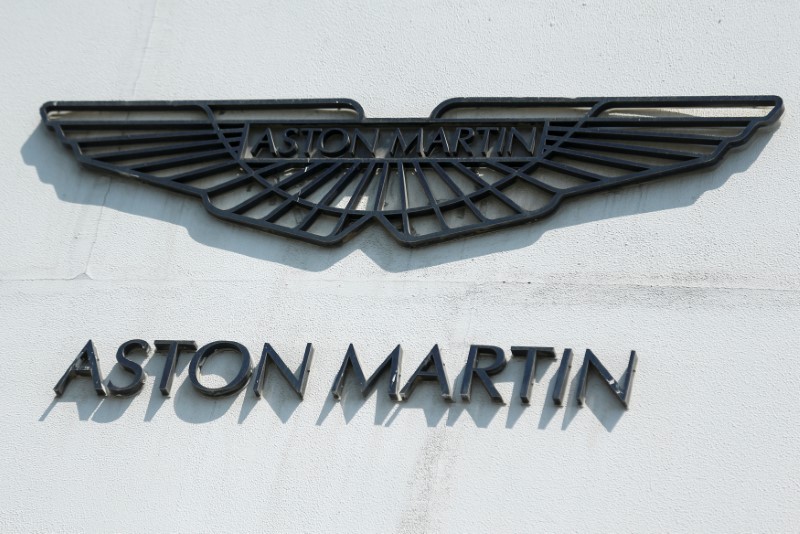S&P 500 slips, but losses kept in check as Nvidia climbs ahead of results
Investing.com -- Aston Martin (LON:AML) has announced a 5% reduction in its workforce and another delay to the launch of its first fully electric vehicle, as the luxury carmaker grapples with financial challenges and shifting industry conditions, sending its shares down by over 9% on Wednesday.
The move comes amid a reported annual loss and an overall decline in revenue and sales, despite a rise in the average selling price of its vehicles.
Aston Martin recorded a pre-tax loss of £289.1 million, a sharp increase from the £239.8 million loss in 2023, for the year ending December 31, 2024.
Revenue declined by 3% to £1.58 billion, reflecting a 9% drop in wholesale volumes to 6,030 units. The decline was attributed to ongoing supply chain disruptions, a weaker macroeconomic environment, and foreign exchange headwinds.
The company has been undergoing a product transformation, launching an all-new range of core models, including the DB12 and the latest Vantage, alongside exclusive high-margin specials like the Valkyrie and Valour.
However, the transition has come with significant costs, impacting profitability. Gross profit fell 9% to £584 million, with the gross margin slipping to 36.9% from 39.1% the previous year.
Aston Martin chief executive Adrian Hallmark in a statement said that their focus shifts to "operational execution and financial sustainability" as the company attempts to shift from a "high-potential business to a high-performing one."
As part of this effort, it will reduce its global workforce by around 170 positions, a decision expected to result in annual savings of approximately £25 million, though at the cost of £10 million in one-time restructuring expenses.
Despite these challenges, the company remains optimistic about its long-term goals. Year-end liquidity stood at £514 million, supported by financing activities, but net debt rose significantly to £1.16 billion from £814 million the previous year.
The company aims to deliver positive adjusted earnings before interest and taxes (EBIT) in the second half of 2025 and remains committed to its mid-term financial targets, including revenue growth to £2.5 billion by 2027-28.
The delay of Aston Martin’s first battery electric vehicle (BEV) marks another setback in its electrification strategy.
Initially planned for 2025, the launch has been pushed further back as the company refines its approach to electrification, prioritizing hybrid technology in the interim. Its first plug-in hybrid, the Valhalla, is expected to commence deliveries in late 2025.
